Coronavirus: As Britain battles on, my story of surviving COVID-19
Symptomatic weeks of dread passed for my family; so many Britons have not been so lucky.
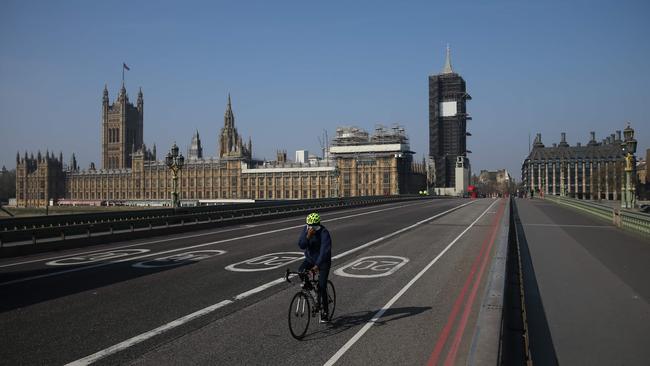
It is a moment that will be seared into my memory forever: we were six days into lockdown in London and I’d gone to the bathroom to wash my hands when I realised my hand cream, scented with a powerful mix of mandarin rind and rosemary leaf, had no smell.
I quickly sprayed a puddle of my favourite perfume on to my wrist and sniffed deeply. Again, zero. Nil. Zilch.
Panicked but still incredulous, I fumbled with the childproof cap of the toilet disinfectant and put my nose to the bottle: usually this yields an unbearable bleach-laden, floral reek. Nothing.
As the realisation dawned, my veins turned to ice.
It was March 26 and I was in the middle of researching the events that led Italy into its terrible coronavirus death spiral. In my reading, I’d come across a report by British ear, nose and throat specialists warning that their colleagues in Italy, South Korea and China were seeing significant numbers of patients with COVID-19 who experienced the sudden onset of anosmia/hyposmia and disgeusia/ageusia — the loss of smell and taste. In Germany, more than two in three confirmed cases have anosmia. In South Korea, where testing has been more widespread, 30 per cent of patients testing positive stated loss of smell as their major presenting symptom in otherwise mild cases.
A few days before, I had developed a disconcerting burning feeling up high in my lungs, my nose felt dry as if I’d come off a long-haul flight and I was inordinately tired. But my husband and I had spent the week before completing a marathon 125km walk following Hadrian’s Wall across Britain. We’d trudged through mud, battling sleet and high winds over five exhilarating but physically challenging days and I figured I was paying the price with a cough.
A day or so later, however, my husband also began to cough; a harsh, hacking, painful bark. With growing dread, we had to accept that as we’d returned to London from Newcastle in a crowded train carriage, we could well have contracted “it”.
In Britain, coronavirus testing is offered only to health workers or if you require hospitalisation: we had little choice but to wait it out at home. In self-isolation lockdown — and, at night, from each other — the next fortnight unfolded in a mix of anxiety, hypervigilance and occasionally sheer terror. Every ache, every wheezy breath, every slight perception of temperature change unleashed the fear that symptoms might cascade and worsen.
Thankfully, our 18-year-old daughter remained asymptomatic, and as no temperature appeared and the cough didn’t worsen, we began to relax a little when, boom — British Prime Minister Boris Johnson was admitted to intensive care.
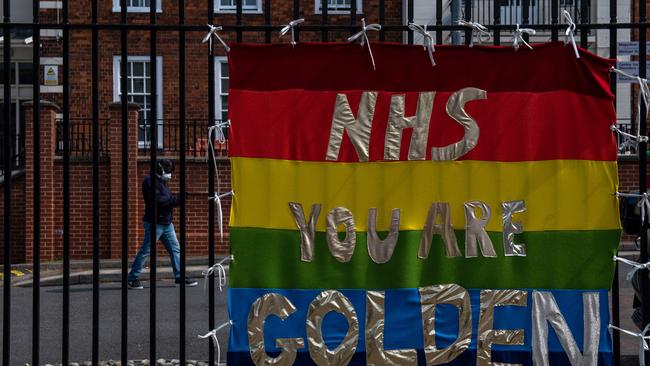
Strangely, and in retrospect, that was probably the worst moment psychologically: Johnson had been isolating for close to a week before his lungs seized and the reality that a dramatic turn for the worst could unfold for anyone in just hours pervaded both our dreams that night.
Three weeks later, I am inordinately grateful that we are among the fortunate ones who have had the virus and, hopefully, have developed immunity. But the nation and its capital are in mourning. To date, nearly 14,000 people have lost their lives to COVID-19 and Britain has mirrored the dizzying number of daily deaths reported in Italy last month.
Statistically, it is likely that England and Wales have reached the peak of the so-called curve, although nobody has made that call in public yet. But experts warn there may be another hidden epidemic inside the nation’s care homes that has yet to be properly quantified.
The Office for National Statistics reported 217 deaths in care homes in the fortnight to April 3, but the lack of widespread testing and British GPs’ understandable reluctance to register COVID-19 as a reason for death without confirmation suggests a further 4000 elderly or vulnerable people will probably have lost their lives.
Johnson, meanwhile, continues to convalesce at Chequers, his country residence, and has yet to return to the helm, leaving his increasingly beleaguered stand-in, Secretary of State Dominic Raab, to face growing questions about the continuing shortfall in personal protection equipment for National Health Service workers and his government’s failure to deliver an adequate testing regimen.
This week, Britain was still carrying out fewer than 15,000 virus tests each day despite pledges to swab 100,000 people daily by the end of the month. More detail also has since emerged of an inexcusable post-Brexit government bungle that resulted in Britain being excluded from an EU-wide mass purchase of medical kit including ventilators and PPE.
Nearly all EU countries — reportedly 25 of 27 — are taking part in the project for shared purchase of ventilators as well as joining forces to buy protective kits for medical staff. Joint procurement makes sense because it ensures purchase at wholesale price, reduces red tape and offers a helping hand for medical purchases to smaller nations that have less bargaining power.
Addressing initial questions about the mess, Cabinet Office Minister Michael Gove insisted Britain had not received an email inviting it to join the EU procurement scheme, a stand British officials, inexplicably, continued to repeat this week.
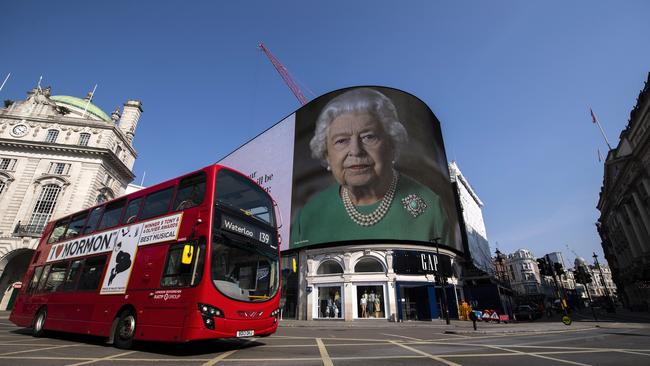
For its part, the British opposition has stood by the word of newly installed Labour leader Sir Keir Starmer, who announced immediately that his new team would work closely with the government to ensure bipartisan support in the campaign to defeat the virus. Starmer, who took the reins from Jeremy Corbyn on April 4 as the virus began to really ravage the nation, has balanced a difficult tightrope, questioning government policy failings without scoring political points.
Yet beneath these horrors, the herculean efforts of the NHS, its 1.4 million staff — including 10,000 retiree doctors and nurses who have returned to the frontline — are paying dividends. Early last month there were fears that London’s intensive care units, which had around 770 beds combined, would be overwhelmed by coronavirus, sparking the transformation, in just nine days, of the Excel Stadium, an integral part of the 2012 Olympic Games, into a 3650-bed field “Nightingale” hospital — complete with grim, ground-floor makeshift morgue.
But internal figures reported by the British Health Services Journal on Wednesday showed the Nightingale treated only 19 patients across the Easter weekend and that despite rising levels of infection, hospitals have been able to double their ICU capacity to 1555 beds.
Chances are Britain will continue in lockdown for several weeks but already there have been cogent opposition calls for the government to release details of its strategy to ease restrictions — whenever the scientists deemed it possible.
As the first bloom of spring envelops London in a riot of cherry blossoms and birdsong in the absence of traffic and crowds, I feel enormously thankful to be alive and that, unlike hundreds of thousands around the world, my family has suffered no loss. I still have no sense of smell or taste and can only imagine the special fragrances of spring — while thanking my lucky stars, of course.

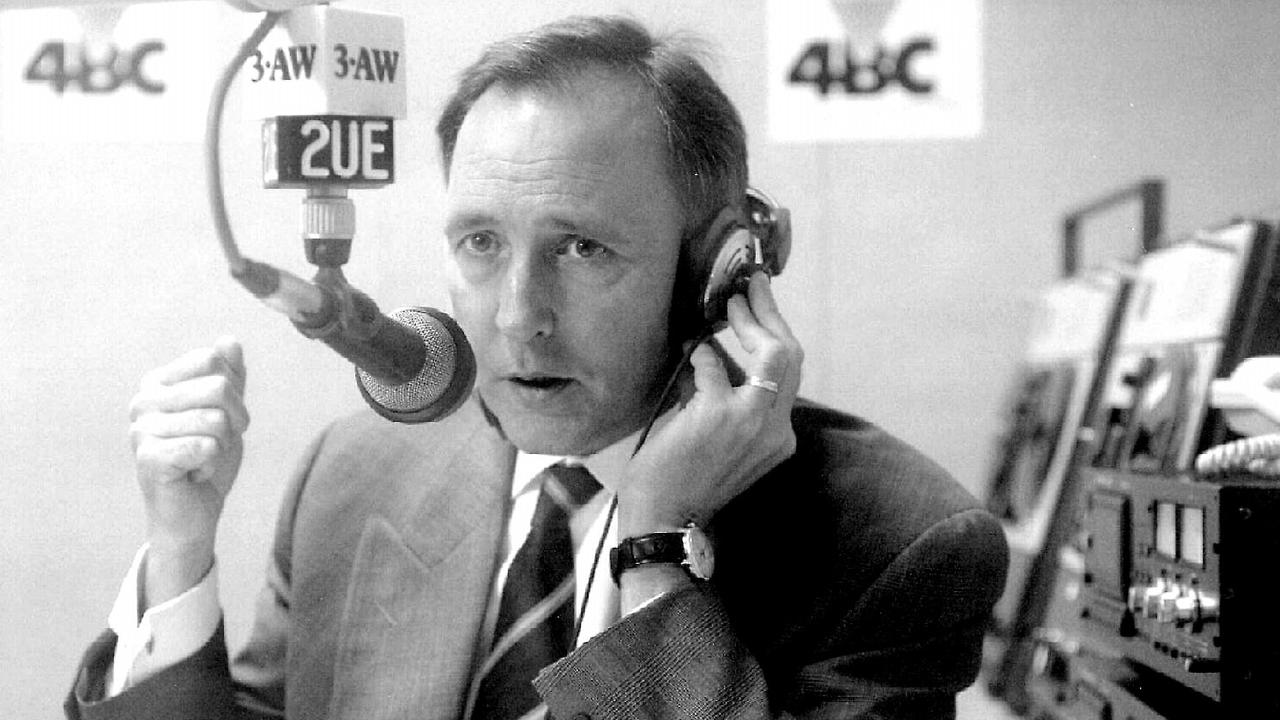
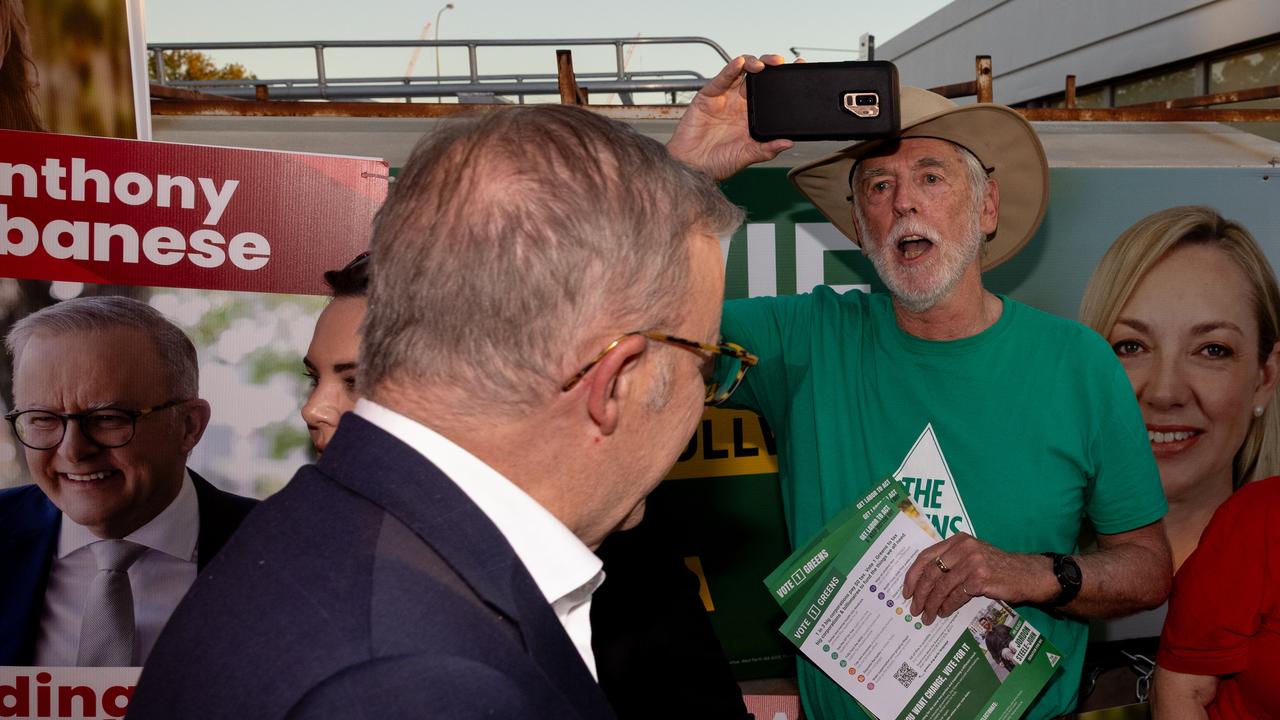
To join the conversation, please log in. Don't have an account? Register
Join the conversation, you are commenting as Logout